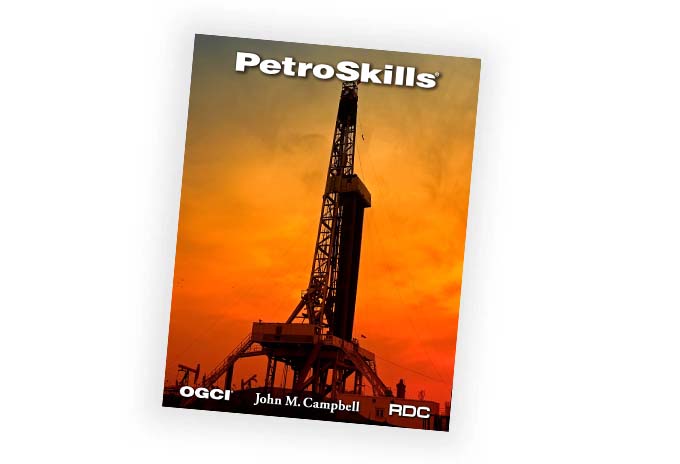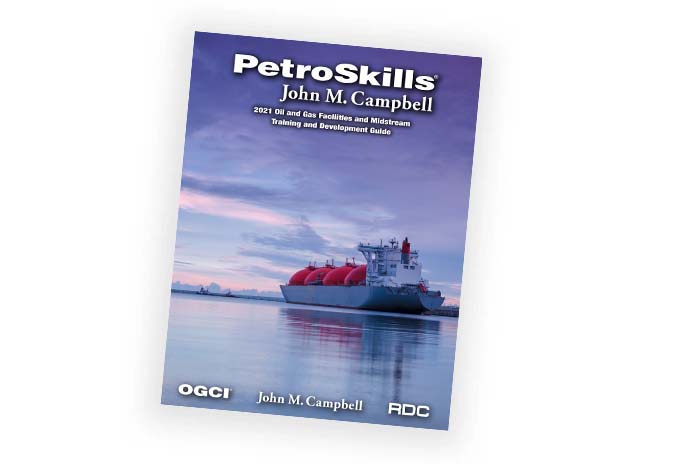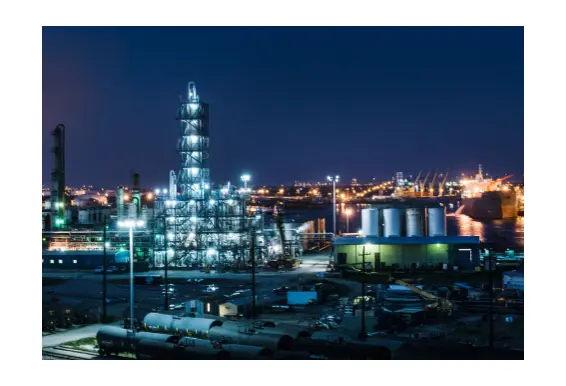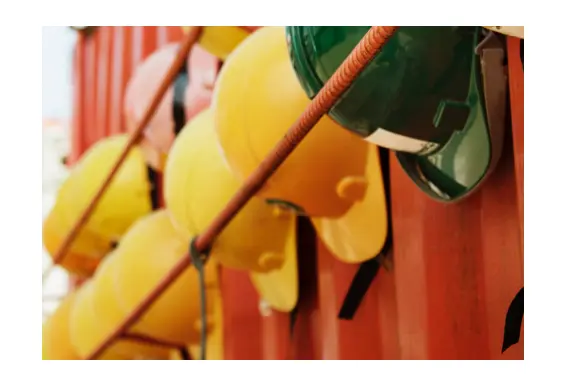Laboratory Measurements of Rock Mechanical Properties
e-Learning
About the eLearning Course
Laboratory testing is considered one of the most reliable sources for characterization of mechanical rock properties. This skill module provides a profound understanding of the laboratory tests commonly conducted in the practice of petroleum geomechanics. It explains how to efficiently understand, interpret, and use the results of these tests in geomechanical workflows.
Target Audience
Geoscientists, petrophysicists, completion and drilling engineers or anyone involved in unconventional reservoir developmentYou Will Learn
Participants will learn how to:
- List different data sources for geomechanical characterization
- Identify different groups of laboratory tests and their differences
- Recognize the limitations and challenges of laboratory sampling and testing
- Identify the importance of compressive laboratory tests; describe unconfined and confined compressive tests and their procedures
- Determine shear failure criteria from the results of compressive laboratory tests and identify the limitations of conventional triaxial apparatus
- Describe the procedure for conducting other compressive testing apparatuses such as true triaxial and direct shear tests
- Recognize the importance of characterizing tensile strength of rocks and describe the methods used for its measurement.
- Define fracture toughness, recognize its importance and describe different methods used for the measurement of fracture roughness
- Recognize the influence of rock anisotropy on the results of compressive and tensile laboratory tests




